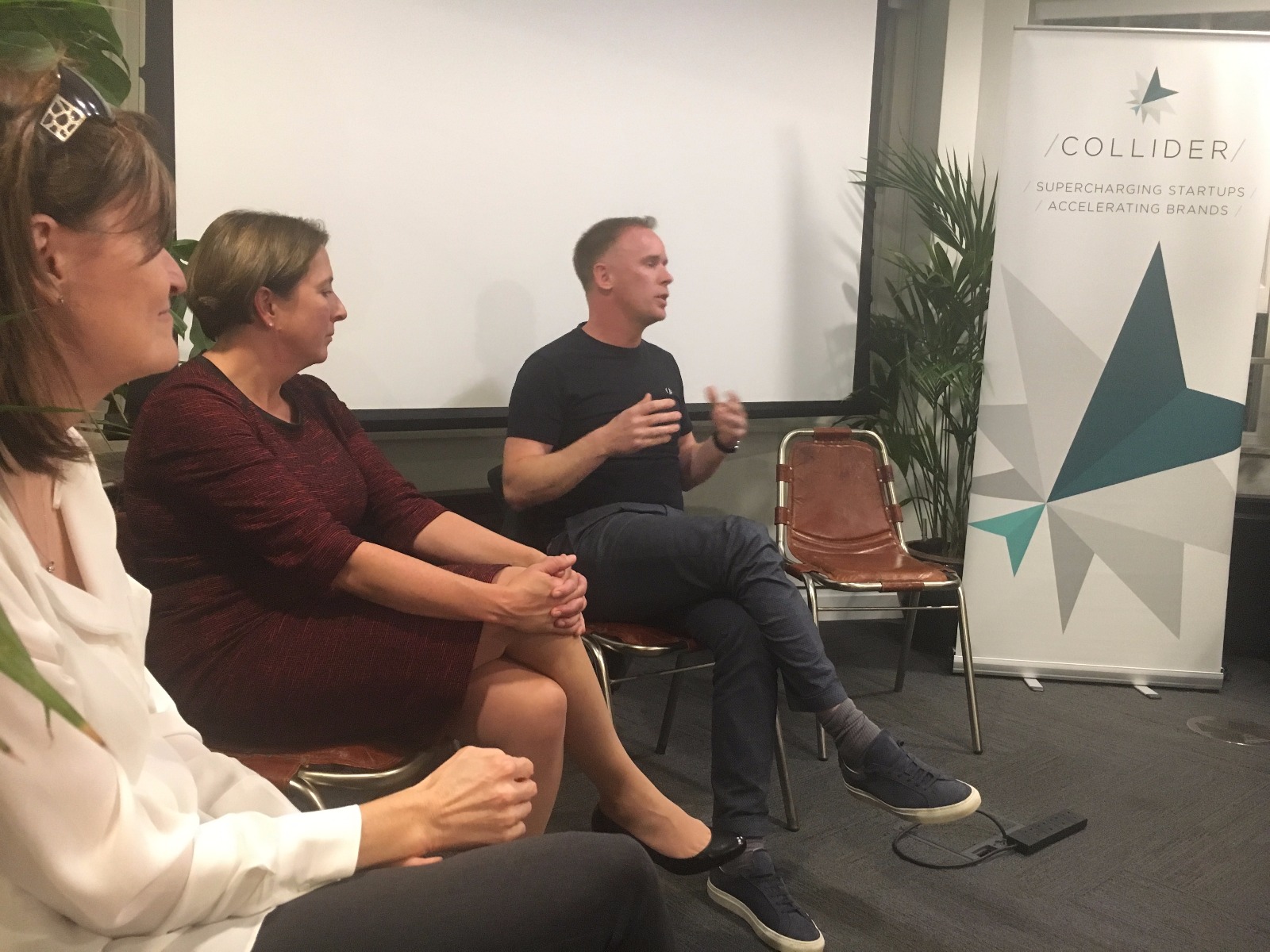Yesterday our blogger in residence Mindy went along to Google Campus to watch a Demo Day held by fellow accelerator Le Camping. They are normally based in Paris, but are currently showcasing their startups on a tour, visiting Berlin, Luxembourg, and San Francisco. Here is what Mindy learnt from our startup cousins across the seas.
"Le Camping certainly laid down the gauntlet at Google Campus by allowing the eight startups only eight minutes in front of the audience. Despite the time constraints, most of them managed to cover the product, business model, competition, team, development strategy, financing needs, long- and mid-term vision. What was most impressive was that each of the startups had found their own way of pitching, to make such a regular and often-performed exercise into their very own piece.
Znappit held the largest surprise by producing a video-montage of the current event, filming the final seconds as they walked on stage. Also, taped under every single chair was a vintage postcard with their address, hand-written, to allow those current to create a postcard of the experience.
Based on the feedback and questions which arose after each pitch, I noted down the most common queries, as all startups could learn how to present better.
1. Show your weakness
If you have a weaker area, be it your business model or pricing structure, don't just that slide out. Investors see these presentations every day, and the fact that you have left this information out will only highlight the fact that you don't want to talk about it. It's far better to be honest, as you are a startup and so people are not expecting the finished, polished product.

2. How does it make money?
Some of the most exciting startups I saw yesterday received a positive response, but the question that soon that was 'how it will earn revenue?'. If you are pitching to investors, one of the main things they want to know is how they are going to get a return. If you can't prove your product has a stable way to generate income, alarm bells are going to be ringing.

3. Longevity
With any investment, comes the question of how much life this product or idea has. We all know how fast technology is moving, and nobody wants to commit time and money to something that is going to be outdated in six months, as it often takes that long to even begin getting it market ready. Also, if you're aiming for corporate companies, are you going to be able to scale your product up to such a level?"













